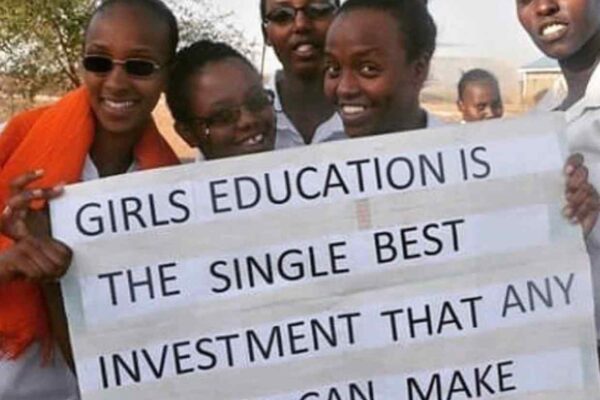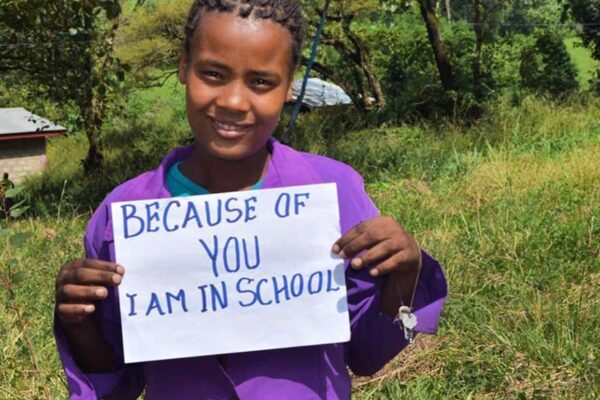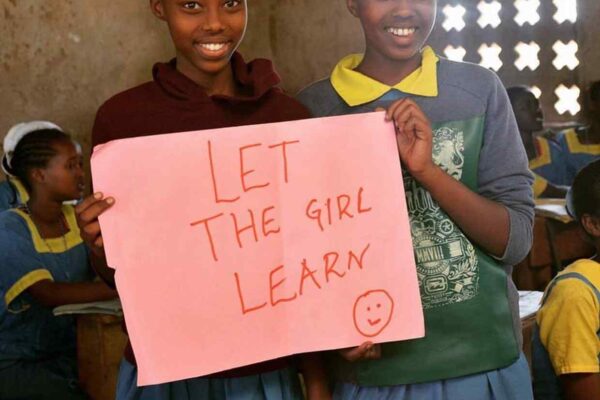Pastoralism is a form of livestock grazing practiced by nomadic people who move around with their herds. Today, over 200 million people around the world rely on pastoralism to earn their livelihoods. At least 65% of the population in South Sudan are a part of agro-pastoralist communities. The pastoralist communities in South Sudan are marginalized with limited access to basic services such as education and livelihood support activities. The pastoralist mobility in search of pastor and water for their cattle is a key strategy of pastoral livelihood systems. This mobility has placed pastoralists beyond the reach of education and extension services. As most service provision models are designed for sedentary living, pastoralists in the cattle camps are left out from receiving basic services and the opportunity to engage in diverse livelihood activities. Institutional arrangements to provide such services are also lacking due to limited government resources.
In recognition of this challenge faced by pastoralist communities, IIRR together with Norwegian People’s Aid in partnership with FAO and UNESCO with funding from European Union piloted the Integrated Pastoral Field School. This integrated model is a viable alternative education to provide pastoralists with livelihood and learning opportunities. The target learners in each cattle camp are children aged 6-16 years, youth, and adult learners. The program has so far benefited over 2,000 children, 640 youth, and 480 adults in cattle camps in South Sudan.






